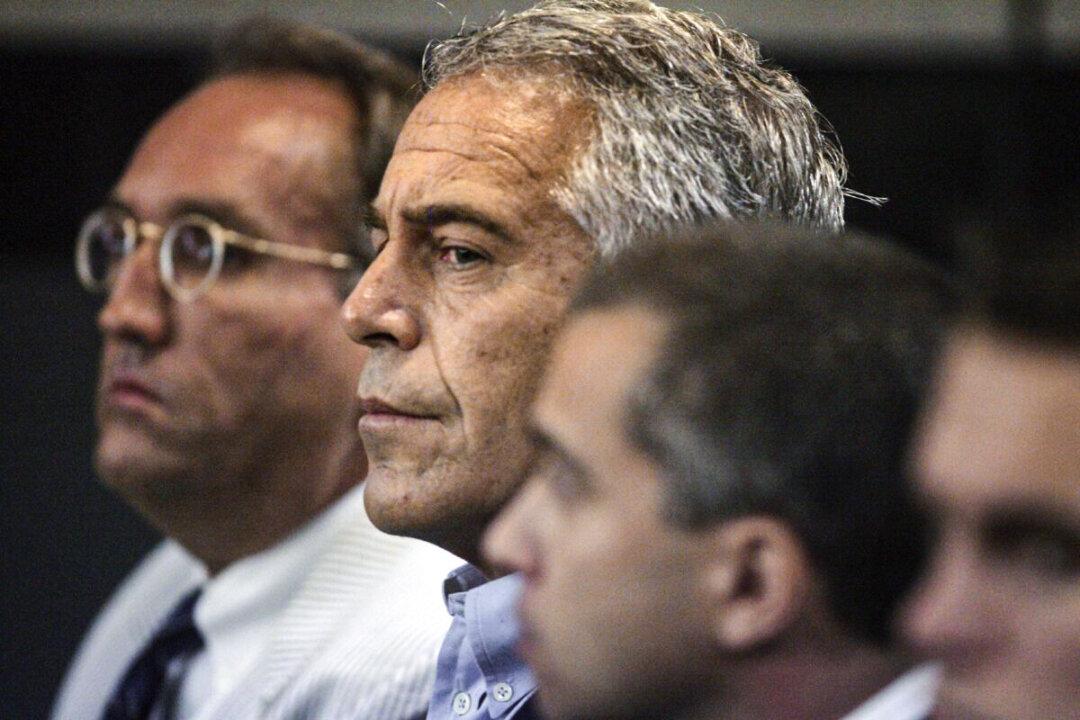JPMorgan Chase & Co. and Deutsche Bank will face lawsuits over claims they enabled disgraced financier and convicted sex offender Jeffrey Epstein to traffic his victims, a New York federal judge ruled on March 20.
Two women referred to as “Jane Doe” filed federal class-action lawsuits against the banks in November last year, and the U.S. Virgin Islands filed its lawsuit against JPMorgan Chase & Co. in December.




